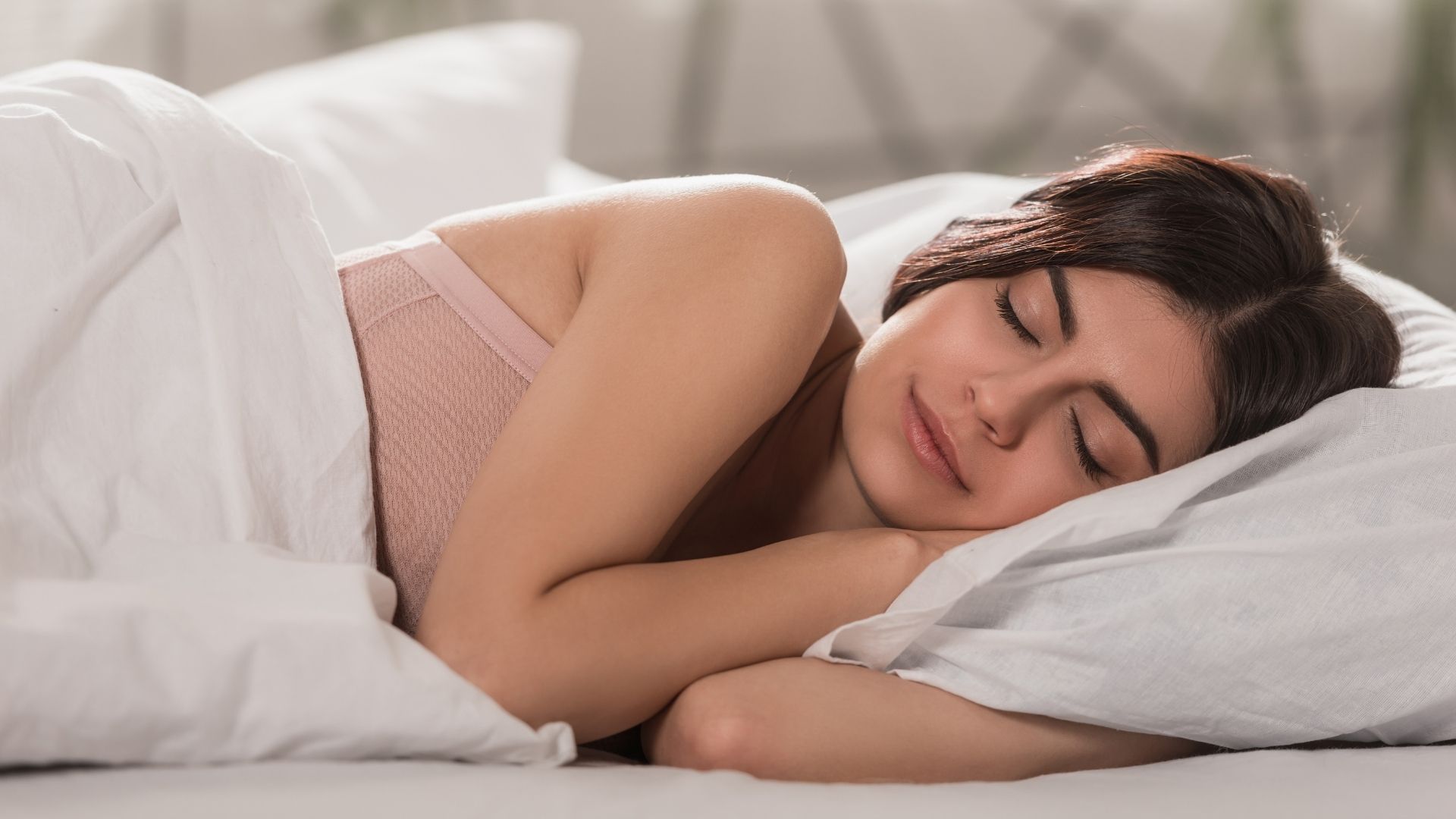
06 Apr 3 Things Your Eyes Do When You Sleep
During the day, your eyes process all sorts of visual imagery! But while people spend a significant amount of time awake, most individuals also sleep around 2920 hours per year. So, you might be wondering, what do your eyes do when you sleep? If you want to learn about 3 things your eyes do when you sleep, continue reading!
1. Maintain Hydration
The first thing your eyes do when you sleep is maintain hydration. Throughout your waking hours, you might experience itching or other dry eye symptoms if your eyes do not produce enough tears to lubricate them. This is why, as you sleep, tears are formed to maintain the hydration that might have been lost throughout the day. Not only do they maintain hydration, but the tears also collect particles and foreign substances that have been trapped in your eyes from the day, and they turn them into gunk that accumulates at the sides of your eyes. This eye gunk is normal, but if you notice an increase in its amount, it could be a sign of an eye infection. In this case, it would be important for you to contact your optometrist about your symptoms.
2. Rapid Eye Movement (REM) Sleep
During REM sleep your eyes move in all directions, but they don’t send any visual information to the brain. This is interesting because your visual cortex, or the part of your brain that is associated with processing visual data, is active during REM sleep. Throughout this time, you are also doing most of your dreaming. Finally, REM sleep is known to be crucial for memory consolidation, so it is important for you to get a full night of sleep!
3. Prevent You From Having A Full Night Of Sleep
When you are sleeping, your eyes are still active! While they do not send visual data to your brain, your eyes can still sense light. This means that if the level of light in your room changes, your eyes will sense it and wake you up. With this in mind, there are two important things to do before you sleep:
- Ensure your room is dark enough for you to sleep.
- Decrease your use of blue screens.
If you are used to using your phone before sleeping, you should break this habit as soon as possible. The blue light emitted from your phone harms your body’s natural release of melatonin, a hormone that regulates your sleep cycle. The use of blue light before going to bed can cause sleep deprivation, which can in turn lead to red eyes or burning. Therefore, it is important for you to turn off your devices an hour before you intend on sleeping. Try ditching the phone and reading a book or magazine to relax before you head to bed
Did you learn something new about what your eyes do when you sleep? If you realize that you are experiencing itching, burning, or dry eyes after waking up, it might be a result of sleep deprivation or other sleep-related issues. If you frequently experience these symptoms, it is important for you to contact your optometrist, so that you can identify their cause.
To ensure you are properly caring for your eyes, contact the optometry team at Dr. D’Orio Eyecare today! We can assist you with all your vision needs! To book an appointment, visit https://drdorioeyecare.com/book-appointment/ or call us at 416 656 2020 for our Toronto location, or 416 661 5555 for our North York location.



